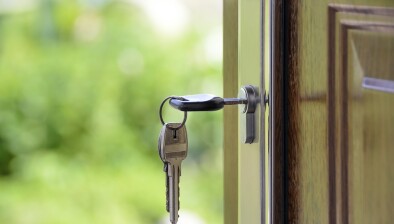Article Tags:
Scottish Government issues new COVID-19 guidance for social landlords
Article Tags:
New guidance has been issued by the Scottish Government on how all social landlords should respond to the coronavirus pandemic.

Consisting of answers to frequently asked questions, the guidance covers advice from evictions to what housing providers should do if they are unable to deliver services.
We have reproduced it in full below:
The Regulator has said that it will take account of the impact of COVID-19 reported by a landlord when it assesses the landlord’s performance in the annual risk assessment. This is why it is important that you maintain a record of the impact of the outbreak on your delivery of services, and that you notify the Regulator of any significant service disruption or financial impact as a consequence of COVID-19.
Q: Given the vulnerable nature of some HAs providing care homes, home care and related support services, what is the guidance regarding contingency plans that would support services if faced with a situation where the necessary staffing requirements cannot be fulfilled in order to provide safe and sufficient care. e.g. nursing care, personal care and feeding/fluid intake assistance?
A: Public health guidance for social care settings was published last week. Locally, local business continuity plans and service prioritisation arrangements to establish how to move your resources accordingly are being reviewed. Further practical guidance for use in different social care settings, including guidance for the social care workforce will be issued in the coming days to support local arrangements.
Q: Are there contingency arrangements should local authorities or other providers not be in a position to provide Support and Domiciliary Care services?
A: Local business continuity plans and service prioritisation arrangements to establish how to move your resources accordingly are being reviewed. Further practical guidance for use in different social care settings, including guidance for the social care workforce will be issued in the coming days to support local arrangements.
- Read all of our articles relating to COVID-19 here.







